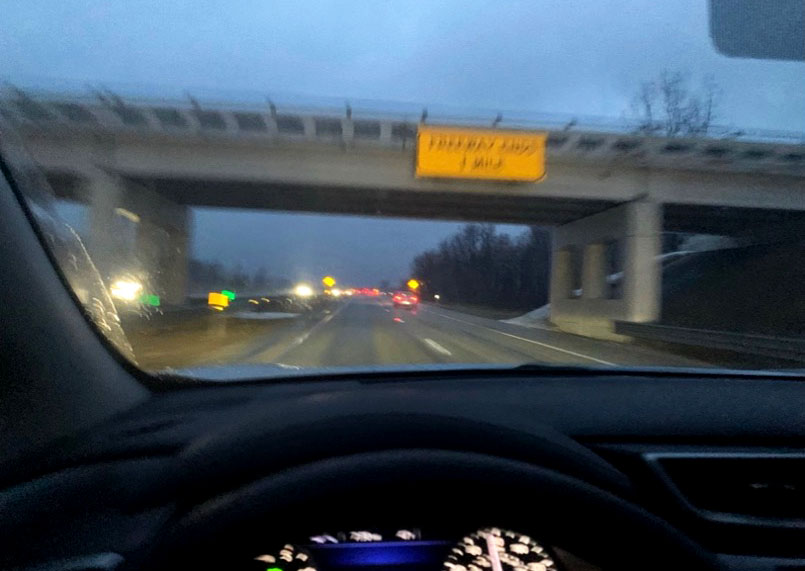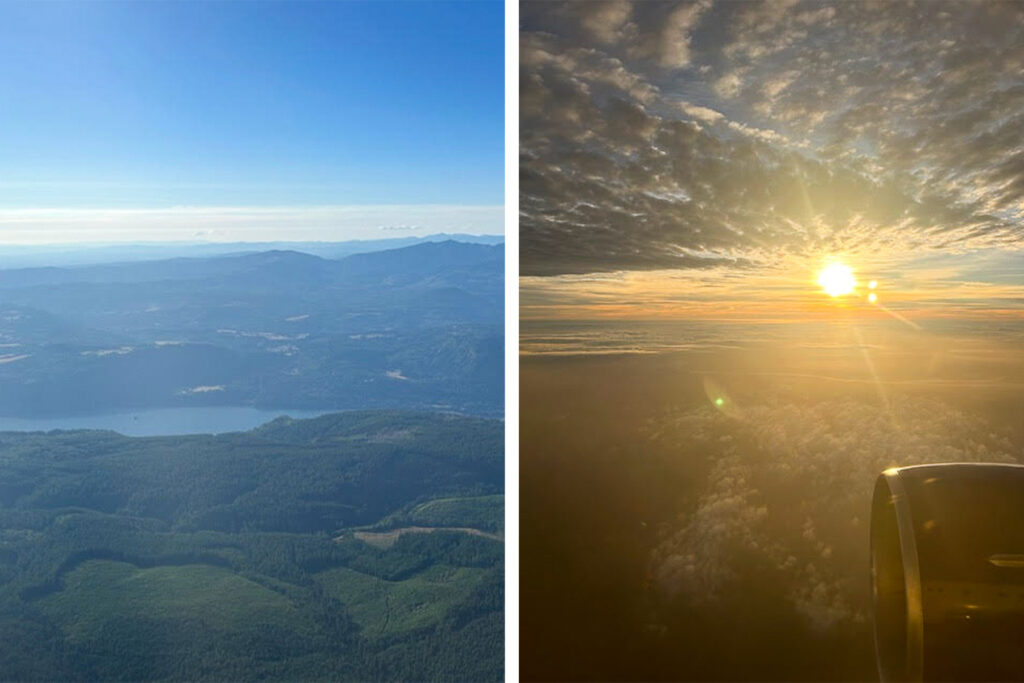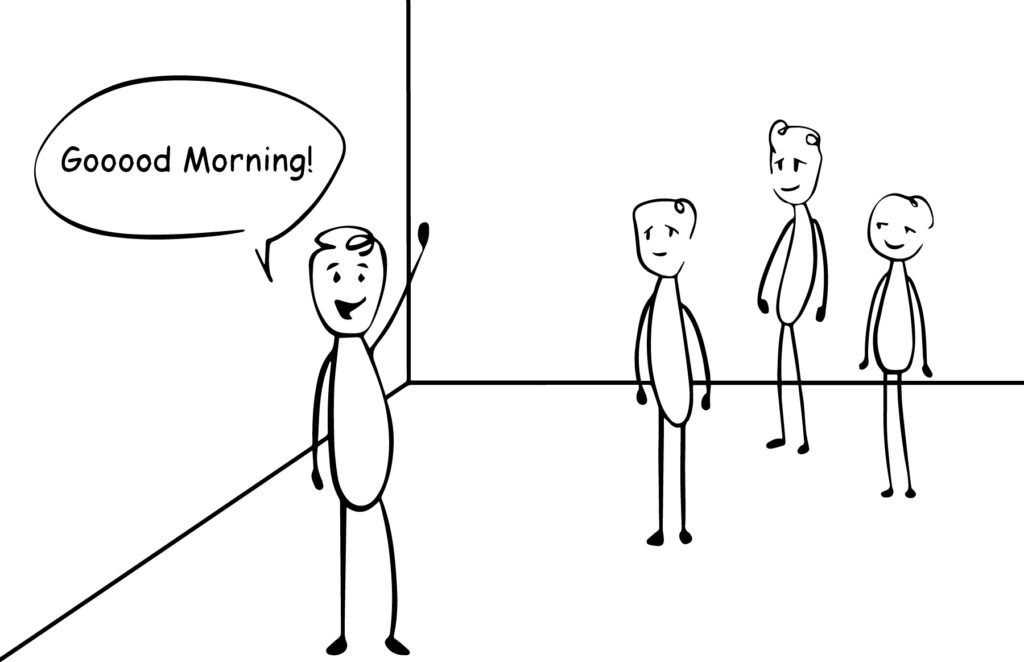I’m a pretty good driver. Well, most of the time.
A few mornings ago, I wasn’t so good. I was driving before dawn on an unfamiliar road. It was dark, 17 degrees and sleeting. Normally, even when driving in a place I’ve never been, I can navigate just fine. I’m usually completely comfortable using signs and GPS to get me to where I need to be. That morning, though, I wasn’t comfortable. I wasn’t doing what I usually love to do during a morning commute – sipping coffee and listening to a good podcast. I had the radio off, both hands on the wheel and was driving slowly.
As my drive unfolded, I noticed how the other drivers were reacting to the weather. Some were flying by me, seemingly unfazed. Others were driving more slowly than me, crawling their way to the next exit. The flow of traffic was unsettling. One minute open and moving, the next a sea of red as everyone hit their brakes.
Conditions matter.
What made my drive stressful and difficult was navigating the poor conditions. My response to the weather was to drive differently then I normally do. I was a little anxious, reactive, drove too slowly at some points, and probably too fast at others. I changed lanes a lot and almost missed my exit. It seemed like everyone was a little on edge… an accident just waiting to happen.
We’re always responding to conditions, whether we know it or not. We talk a lot about psychological safety, which is a fancy term for how we are perceiving the conditions under which we are working and living. Our brains are highly tuned in to danger and will send strong signals when it thinks the conditions are sketchy. We typically respond to these signals with self-protective behaviors. We can go slower, start blaming, get more aggressive, lash out, shut down… there are any number of ways that people respond poorly to poor conditions.
So, if conditions matter so much, how can we make sure that the conditions are optimal for people to be at their best more of the time?
I heard someone say recently “Leaders create the weather”.
In other words, leaders have an outsized contribution to the conditions under which people are doing their work. I think there is a lot of truth in that, but I also think that we are all contributing all the time to the weather. Our behaviors – big and little – are part of creating the conditions that others are navigating. When I was driving on that wet, dark morning I wasn’t just responding to everyone else’s brake light – the people behind me were responding to mine. We were all collectively part of creating the conditions under which we were all driving.
This is part of the complexity of conditions. One person’s response to their conditions is a part of the actual conditions for the next person. We are constantly responding to and creating the conditions under which we work and live. Great conditions? Awesome. There is nothing in our way of being our best. Lousy conditions? Now, there is the challenge. How we navigate through matters – to everyone. I couldn’t change the weather that morning, but I could change how I was responding and contributing to the whole scene.
How might I be able to respond better to the conditions that I can’t change?
Just a little food for thought.




